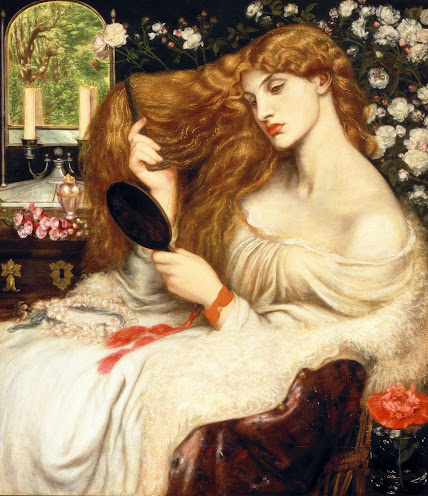A Conversation with Madeleine Watts
Firstly, I want to congratulate you on the novel. It’s such an important piece of work in terms of how it grapples with ecological themes and the human experience. It feels like the most accurate representation of climate anxiety at this specific point in history that I’ve read.
This is a novel about grief and confronting the truth of mortality, but the narrator’s personal experiences of grief serve as a microcosm for the collective grief we all feel right now for a collapsing planet. This parallel between personal crisis and global crisis is really effective, because it renders the abstract suddenly very specific. Do you feel that that’s the role of literature? To take the abstract and break it down into relative experience?
I don’t always like to outline the role of art because that can be playing into the hands of big tech who think that art needs to be justified or quantified.
This book is in some ways a Covid book, because I started writing it in lockdown. Whilst the book doesn’t address Covid directly, I think that particular period when people were dying and the world felt really unstable and scary was a similar crisis to climate change, but one that was easier to hold in my head. Grief was so ever-present but also ambiguous and it felt like a really concentrated way of thinking about grief.
At the same time, during these long periods of lock-down, I was personally re-evaluating why I want to be a writer. I think there’s a certain period after having published a book where you wonder whether you’ll ever do it again, whether you have it in you. Making any kind of art is really hard, emotionally, psychologically, physically, financially. So that period of Covid when I was thinking about this book made it really clear to me what was important and what made being a human worthwhile and to me, that was art. I remember the first time I went to a gallery after lockdown and it was this incredibly intense, visceral experience of human connection. All the art that humans make is what makes us human. What literature can do that nothing else can is let you into the experience of being inside another person’s head. No other kind of art lets you do that. I grew up as an only child and often felt lonely, so being inside other people’s heads was always the thing I loved most as a kid. Often, when I’m despairing about what I’m doing with writing, I come back to that because there’s something really consoling about being in connection with someone you’ll never meet and being able to communicate. There are things that I put into the book that I’d never be able to say to my friends or my parents or my husband. It’s communicating to broader humanity and that’s something that I am interested in doing: just being a place of consolation.




Comments
Post a Comment